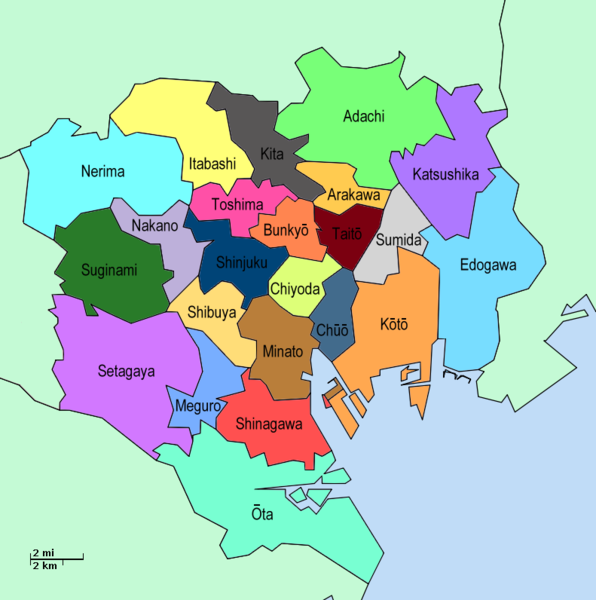For those of you that don't read Japanese, let me briefly summarize what this letter says.
Information About Your Rising Electric Bill: Thank you for using our company's service. It's been over a year since the Fukushima Daiichi Nuclear Reactor crisis, and we apologize for troubling everyone. However, in order to clean up the radiation, we will be raising the bill for households by 8.46%. This will take effect immediately from September 1, 2012. We apologize for asking you to help us share the burden. TEPCO is under new management. The government has given permission for this fee to be enacted.
Now, there are a few reasons why this letter raises some concerns. Although households in Japan have known for some time that rates are going to be raised, the process by which TEPCO is going forward with this is unacceptable. Households obviously objected to the rise because TEPCO destroyed the northern part of Japan, and quite frankly, people here would rather they go under trying to fix things. The idea of "sharing the burden" was not left up to consumers, who already have donated massive amounts to the area to help in the rebuilding process. However, TEPCO going under is really not an option; they have been taken over by the government because TEPCO going bankrupt could lead to mass power outages in the Tokyo area. The government already forced TEPCO to diminish its workers' salaries by 30 percent, as well as the salaries of upper management, but that alone isn't going to placate anyone.
The second concern is that TEPCO's letter is the most unapologetic letter I've ever read. It basically conveys a feeling of arrogance. "The government said we can raise rates by this amount, so we will." There is clear lack of responsibility in the accident. If TEPCO truly wants its consumers to respect it again, it"s going to have to do more. We know that this "fee for radiation cleanup" is really a permanent fee that will eventually go to TEPCO's profits. TEPCO's employees are working long hours to try to fix the mess, and honestly, I respect the average worker there. But the upper tiers of management are a mess.
The final thing is that this only emphasizes TEPCO's high-and-mighty attitude. TEPCO has maintained this attitude of victimization the entire time. They were forced to release video about the accident, but they have conveniently "lost" the sound. They claimed there was no sound to begin with, but this is obviously untrue because parts of the video do have sound. This has protected from further government penalties. Knowing this, consumers have gotten so irritated with the company, if there was a way to switch to another electric provider, we would.
The fee only further penalizes people who have been so kind in their donations and volunteer time. Although we will all the pay the fee (businesses will pay a higher fee up to 15%), we certainly do not agree with the company policy itself. Although this often lies unspoken in the hearts and minds of many people here, I felt it was at least important to document it as we wait for further TEPCO nonsense.





